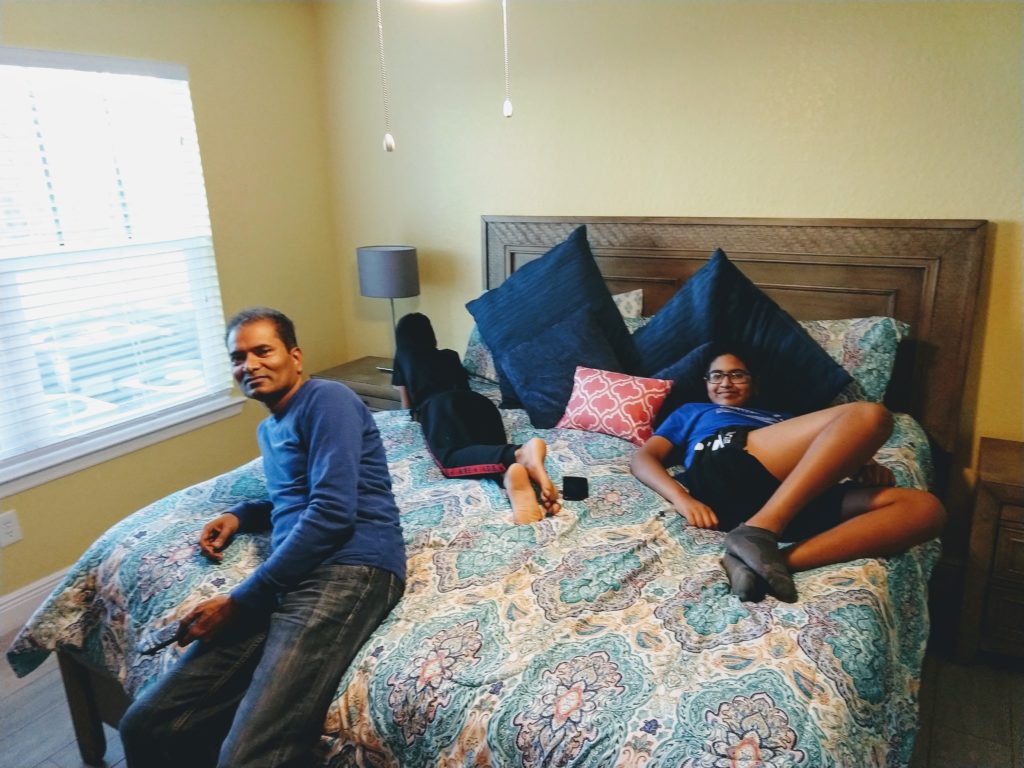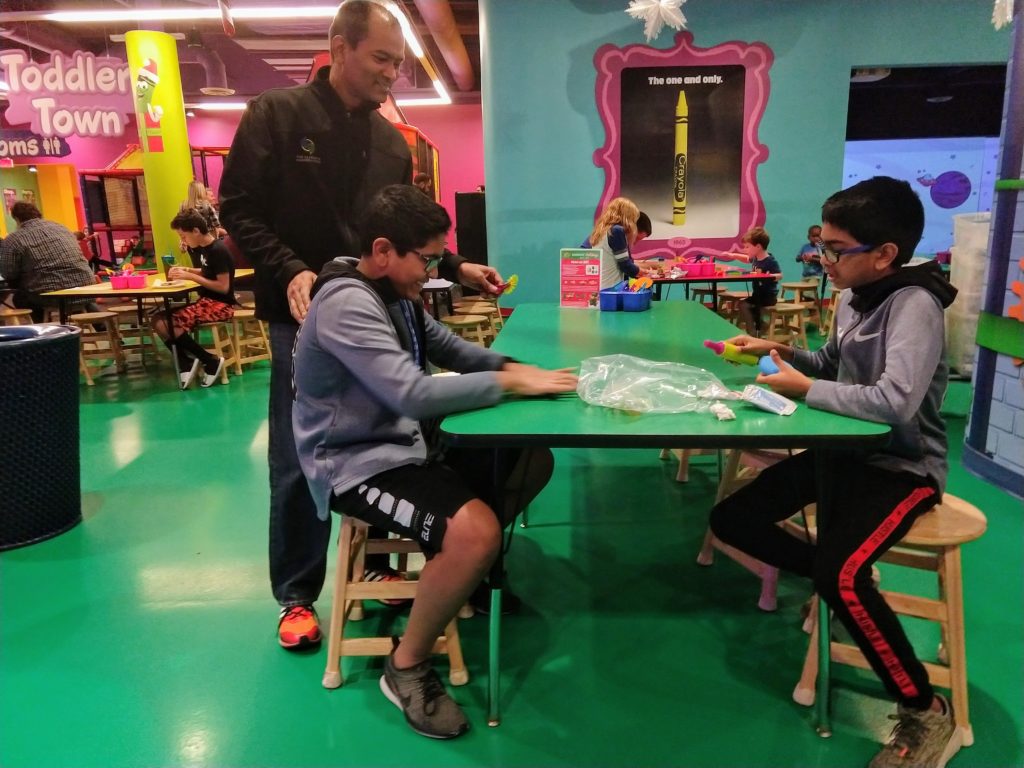For a long time, I relied on others—emotionally, mentally, even physically. Whether it was family, friends, or my partner, I leaned on them to help me feel stable and secure. And while it’s perfectly okay to have a support system, at some point, I realized I was depending on others to fill gaps in my life that I needed to address on my own.
Life can throw unexpected curveballs, and the people you once relied on might not always be there when you need them. Learning how to support myself mentally, emotionally, and physically has been an empowering journey that has taught me invaluable lessons about resilience and independence.
If you’re feeling stuck in a cycle of dependency and want to build a self-sustaining life, here’s how to get started.
1. Understand Why You Depend on Others
Before you can become more independent, it’s essential to understand why you’ve been leaning on others. For many of us, dependency is rooted in fear—fear of failure, fear of being alone, or fear of not being good enough. Maybe you’ve grown used to relying on others for validation, comfort, or even basic needs because it feels safer than taking risks on your own.
Recognizing this pattern is the first step toward change. Once you understand where your dependency comes from, you can start breaking free of it.
Tip: Journaling or talking with a therapist can help you identify these patterns and work through the underlying causes. The goal isn’t to cut people out but to ensure you aren’t using others as a crutch to avoid facing challenges on your own.
2. Invest in Your Mental Health: Build Inner Strength
Mental independence is just as crucial as physical independence. Learning to self-soothe and manage your emotions without turning to others can be transformative. It’s about developing a strong internal dialogue where you trust yourself to handle whatever life throws your way.
- Practice mindfulness and meditation: These techniques can help you become more aware of your thoughts and emotions, allowing you to process them instead of reacting impulsively.
- Focus on self-care: Make time for activities that recharge you—whether it’s reading, exercising, or simply spending time in nature. The more you invest in your well-being, the stronger and more self-sufficient you’ll feel.
Tip: Set aside 10-15 minutes daily to focus on your breathing or do a short meditation. It’s a small commitment that can build mental resilience over time.
3. Master Basic Life Skills
A big part of self-reliance is knowing you can take care of yourself in practical ways. For some, that might mean learning how to cook, manage finances, fix things around the house, or even grow your own food. These skills not only save money but also boost your confidence in your ability to handle life’s challenges.
- Take control of your finances: Budgeting, saving, and investing are critical skills for self-sufficiency. Understanding where your money goes and how to grow it means you’re less likely to rely on others for financial support.
- Prioritize your health: Regular exercise, cooking healthy meals, and staying on top of medical appointments can help you feel strong, energized, and self-sufficient. When you’re physically healthy, you’re more capable of handling whatever comes your way.
Tip: Start small by mastering one skill at a time. For instance, learn to cook a few simple, nutritious meals or create a monthly budget you can stick to.
4. Create Your Own Support Network (Without Relying Too Much)
Being self-sustaining doesn’t mean you have to go through life alone. It’s about finding a healthy balance between having a support system and being your own rock. Build a network of friends, mentors, or colleagues who inspire you, but don’t rely on them to solve your problems. Instead, seek their advice to gain new perspectives, and then make your own decisions.
Tip: Practice setting boundaries. It’s okay to ask for help, but be conscious of when you’re leaning on others for things you could handle yourself.
5. Set Personal Goals and Take Action
Having something to work toward gives you purpose and direction. It’s easy to feel lost or dependent on others when you don’t know where you’re headed. Set realistic, achievable goals that are meaningful to you—whether that’s pursuing a new hobby, starting a side hustle, or getting in shape.
Once you have a goal, take small, consistent steps toward it. Every accomplishment, no matter how small, builds your confidence and self-reliance.
Tip: Break down larger goals into actionable steps. Focus on making progress every day, even if it’s just for 10 minutes. Over time, those small efforts compound into big results.
6. Learn to Enjoy Your Own Company
One of the most powerful ways to build independence is to learn how to be content with yourself. If you can enjoy your own company and find fulfillment in your own pursuits, you’ll never feel like you need someone else to fill that space.
- Find hobbies you can do alone: Whether it’s running, painting, reading, or gardening, having activities that you enjoy solo can help you appreciate time with yourself.
- Embrace solitude, not loneliness: Being alone doesn’t have to feel lonely. It’s a chance to recharge, reflect, and reconnect with your own goals and values.
Tip: Schedule regular “me time” where you disconnect from social media, turn off your phone, and focus on something that brings you joy.
7. Don’t Be Afraid to Let Go
Sometimes, we cling to dependencies because we’re afraid of what life will look like without them. But the truth is, letting go can be liberating. Whether it’s releasing toxic relationships, cutting back on social media, or simply saying no to commitments that drain you, letting go of what doesn’t serve you creates space for what truly matters.
Tip: Trust that by letting go, you’re making room for better opportunities and healthier relationships to enter your life.
Final Thoughts: Independence Is a Journey, Not a Destination
Building a self-sustaining life isn’t about cutting everyone out or pretending you don’t need support. It’s about knowing you can stand on your own two feet and thrive, even when things get tough. It’s about embracing the confidence that comes from being able to rely on yourself.
Yes, the journey to independence can be challenging, especially if you’ve spent years leaning on others. But it’s also one of the most rewarding paths you can take. You’ll discover strengths you didn’t know you had, develop a deep sense of self-respect, and ultimately live a life that feels more fulfilling and true to who you are.
So, start today. Take one small step toward becoming more self-reliant. Trust yourself, keep moving forward, and remember—you have everything you need within you to build the life you want.















